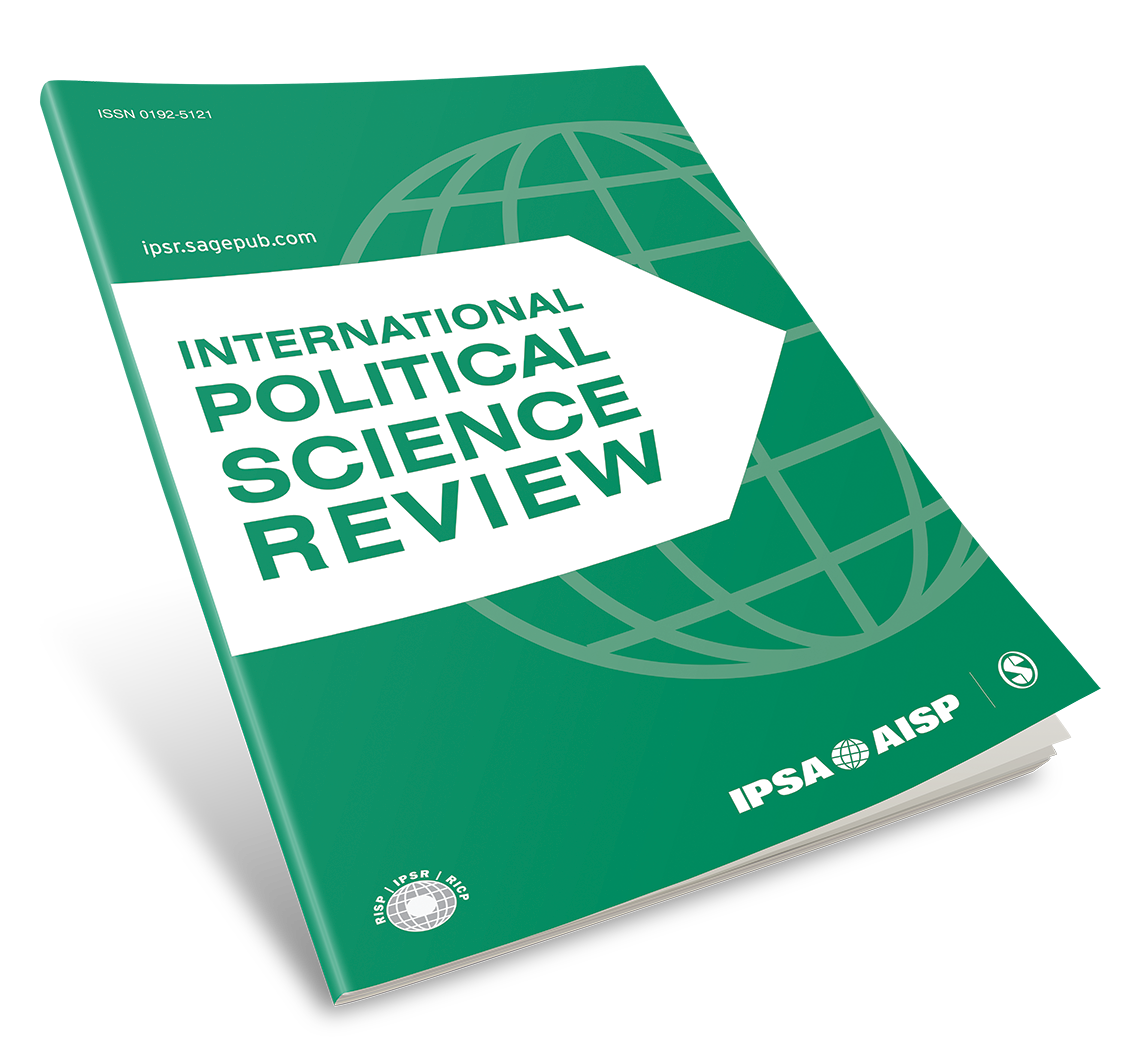

IPSR Special Issue: Inclusion and Commissions in Peace Processes
Publication date: Tue, 18 Nov 2025
The latest issue of the International Political Science Review (IPSR) for November 2025 (Volume 46, Number 5) features a special feature on inclusion and commissions in peace processes. It highlights the crucial role of inclusion, both in terms of who is included as well as how and when inclusion is implemented, and to what effect.
The articles in this issue draw on critical, qualitative, and quantitative research designs to explore various inclusion mechanisms and aspects, with a focus on different regions of the world. This special issue also offers broader, transferable lessons to inspire future research on institutional design issues, specifically in relation to peace processes. These include, first and foremost, lessons on the legitimacy and effectiveness of institutions: The success of institutions in peace processes seems to depend on their composition, mandate, and operational dynamics, all of which influence their legitimacy and effectiveness. Second, lessons on power and representation in peacebuilding: The balance of power between conflicting parties, civil society, and international actors shapes decision-making within institutions, ultimately affecting peacebuilding efforts.Third, lessons on institutional design and functionality for peace processes: Rules, procedures, and practices determine whether institutions meaningfully contribute to peace processes or remain symbolic. Fourth, lessons on timing and context specific to institutions in peace processes: The effectiveness of institutions is closely tied to the timing of their establishment (e.g., during negotiations or post-conflict) and the conditions under which they operate.
IPSA members can access all issues of the journal, including the IPSR archive dating back to 1980, through the My IPSA menu.
Introduction to special issue: Inclusion and commissions in peace processes
Natascha S Neudorfer and Dawn Walsh
The peacemaking role of independent commissions: The role of institutional design
Natascha S Neudorfer and Dawn Walsh
Stabilising transitions from conflict: The importance of transitional decision-making procedures
Chelsea Johnson
Inclusive commissions and durable peace: Lessons learned from the Liberia peace processes (1990–1996) and (2003)
Esra Cuhadar and Daniel Druckman
Sins of omission or acts of commission? Explaining the impacts of commissions on lasting peace
Nicholas Ross and Alexander Bramble
Gender quota adoption for commissions in post-conflict societies
Dawn Walsh and Emma Murphy
Explaining changes in women’s representation in peace processes: The adoption of a gender quota in the Agreement Monitoring Committee in Mali
Jenny Lorentzen
Subverting elections in Thailand: inclusion and independence in election commission design and practice
Petra Alderman
Independent commission design and inclusion in Northern Ireland: Agonistic versus traditional approaches
Emma Murphy











